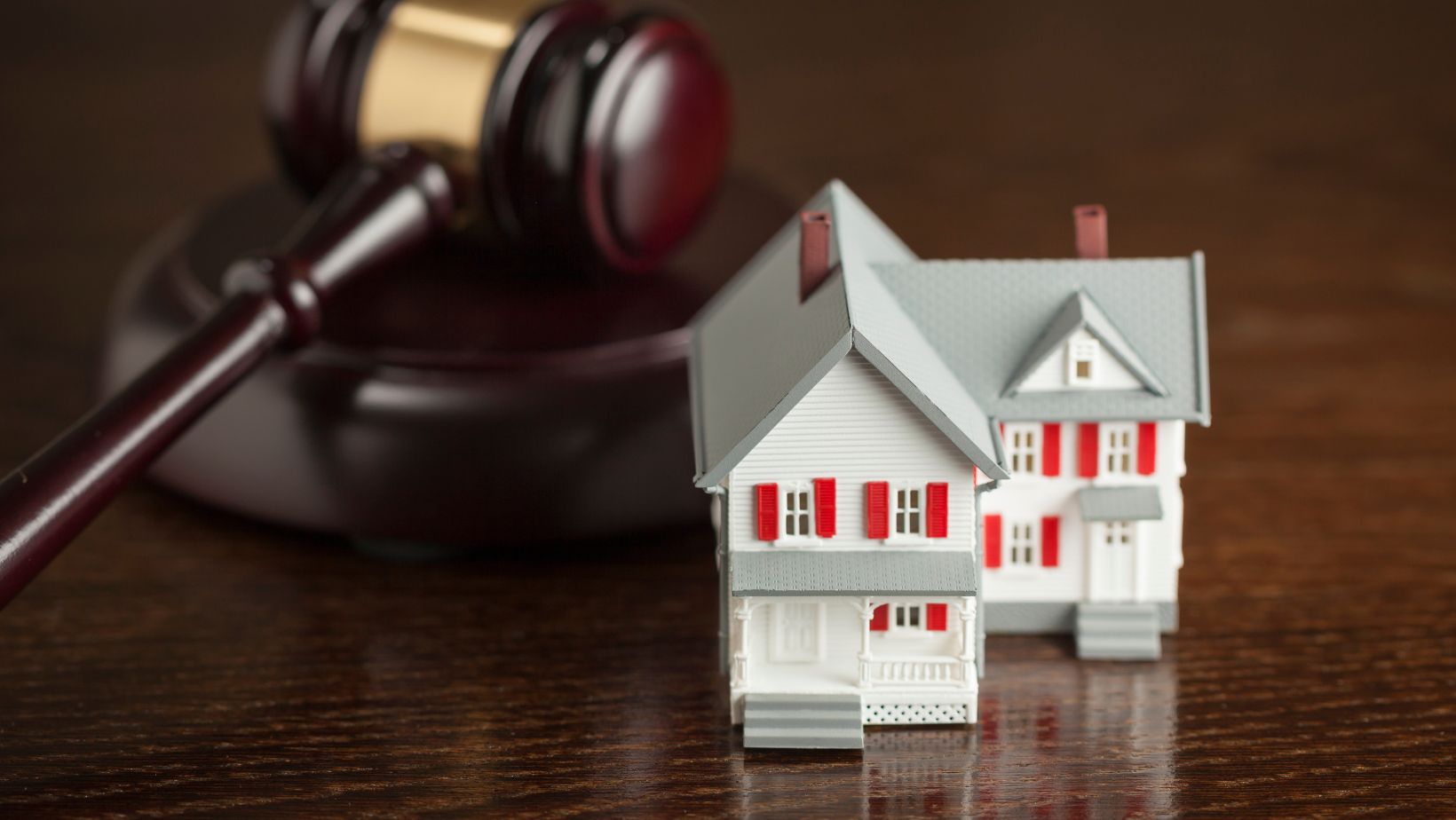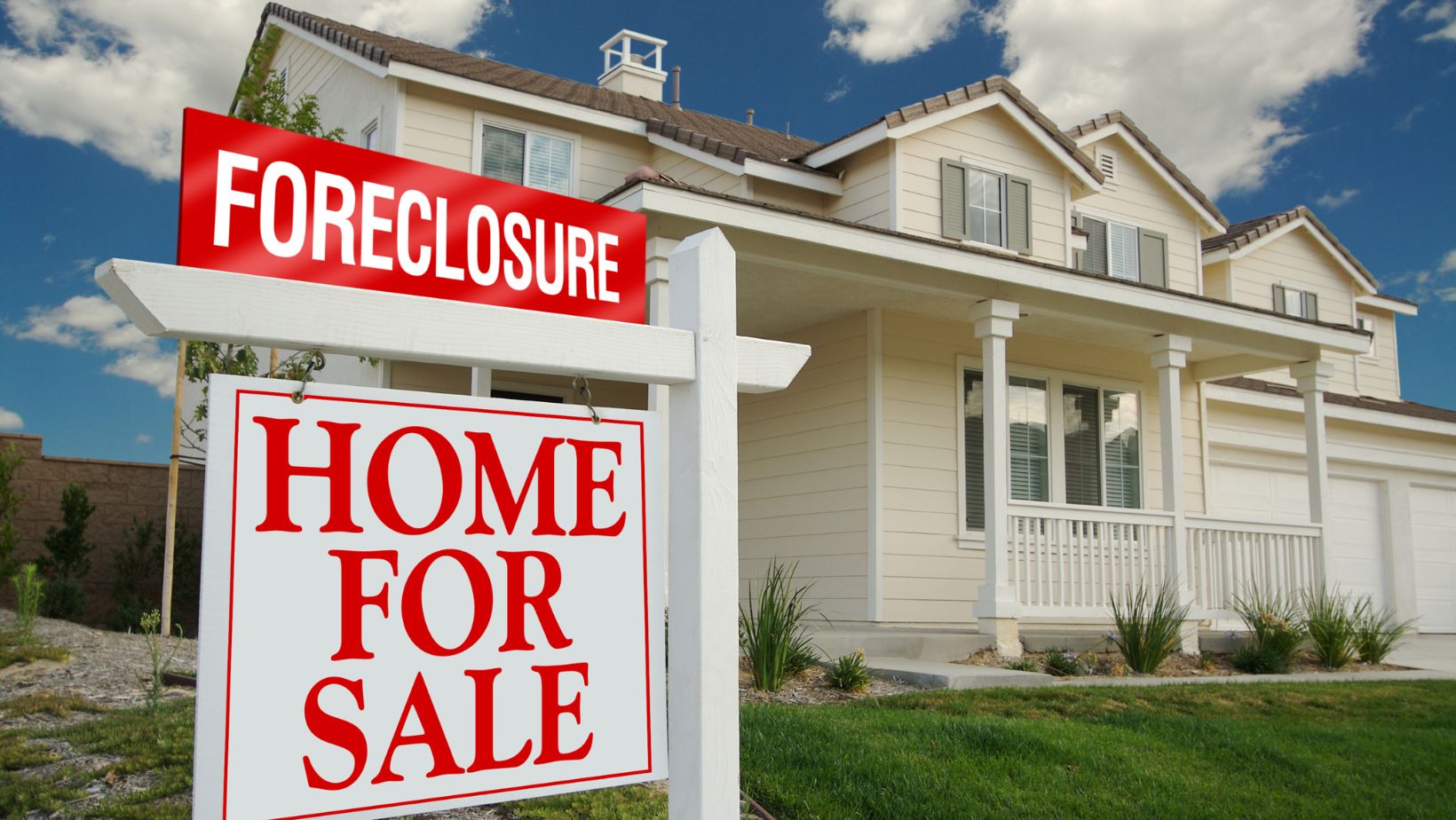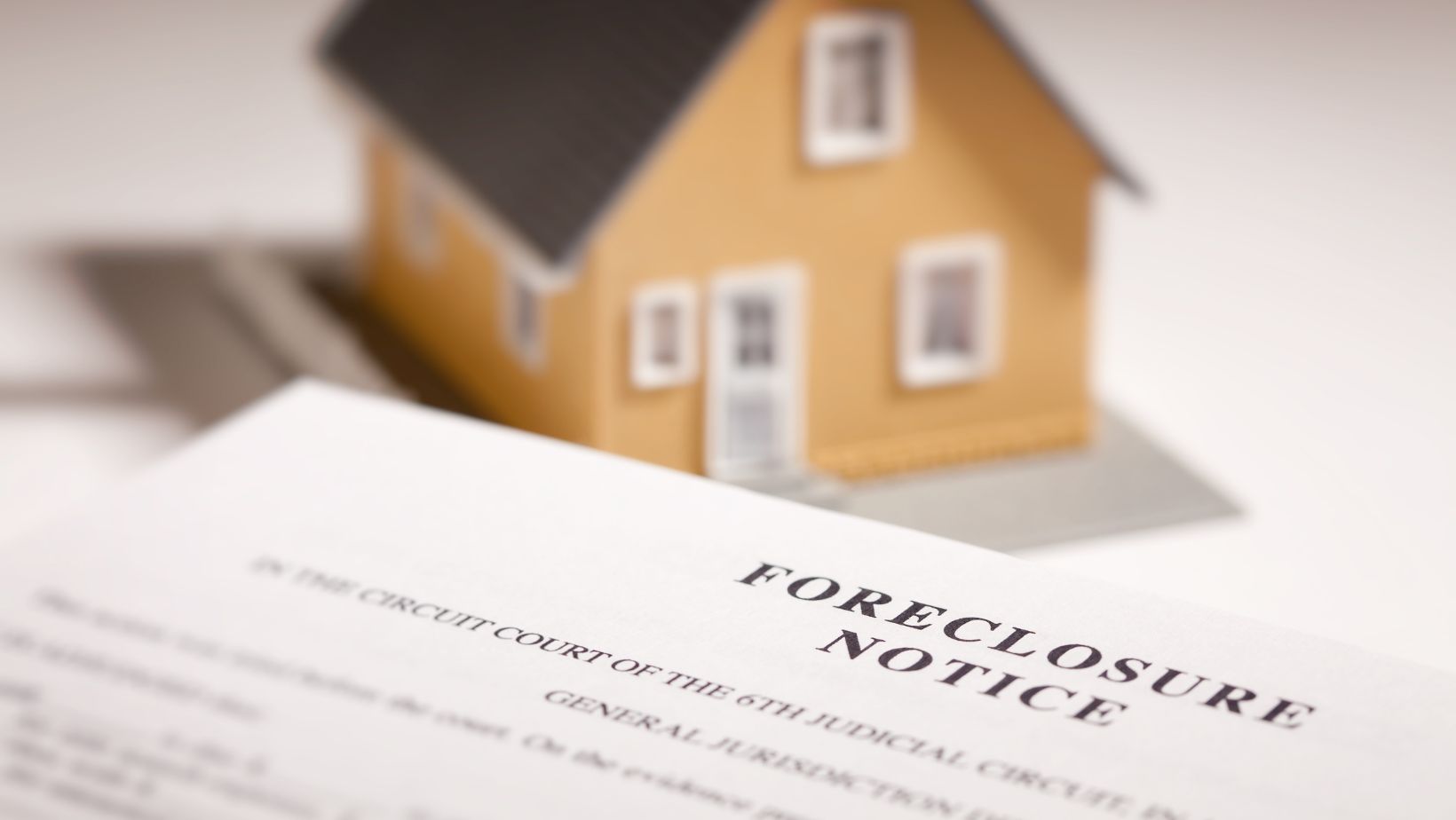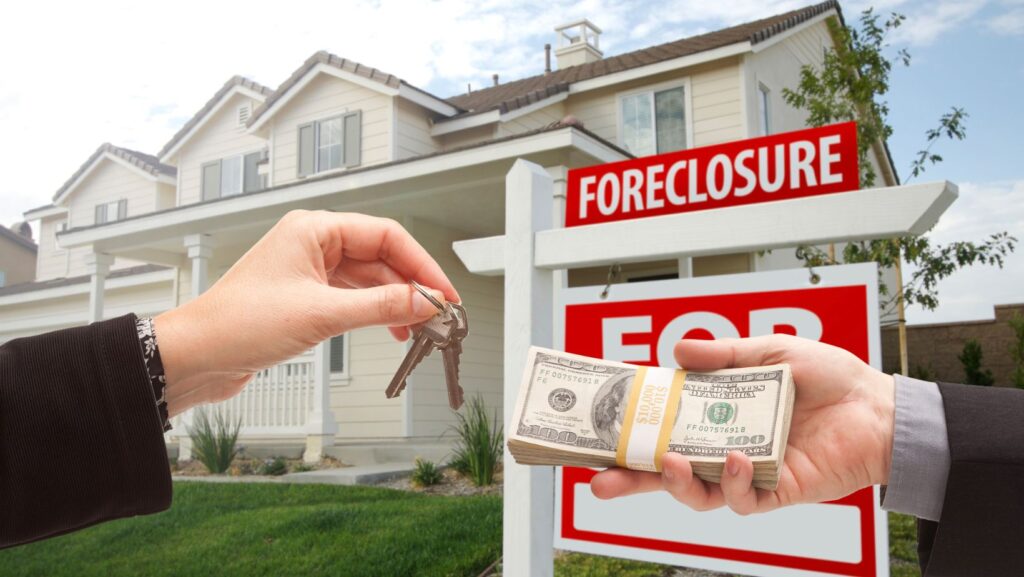
Buying a foreclosed home often appears as an attractive opportunity for buyers looking for a deal in the real estate market. However, it’s crucial to understand the risks associated with these types of properties before making any commitments. Foreclosed homes can come with a range of complications and challenges that can turn an initially appealing investment into a financial headache.
One significant Risks of Buying a Foreclosed Home is the potential for hidden costs. These properties are typically sold as-is, meaning the buyer assumes all responsibility for repairs and renovations needed post-purchase. Without a thorough inspection—which may not always be possible due to property access restrictions—buyers might find themselves facing unexpected and costly issues down the line.
Risks of Buying a Foreclosed Home
What Is a Foreclosure?

Foreclosure happens when a homeowner fails to make mortgage payments, leading the lender to seize and sell the property. It’s not just a loss for the homeowner but can also signal potential risks for buyers. While foreclosures can appear as bargains, they often come with hidden costs and complications that can turn an investment sour.
Firstly, these homes are typically sold “as-is,” meaning what you see is what you get. Any repairs or renovations needed fall squarely on the buyer’s shoulders. Given that many foreclosed homes have been vacant for periods or neglected by financially strained owners, repair needs can be significant.
How Do Homes Become Foreclosed?
Homes become foreclosed through several pathways, each presenting its own set of risks for potential buyers:
- Non-payment of Mortgage: The most common cause; homeowners simply cannot keep up with their mortgage payments.
- Tax Liens: If homeowners fail to pay property taxes, government entities can place liens on the home that may lead to foreclosure.
- HOA Liens: Homeowners Association (HOA) fees left unpaid can also result in foreclosure if the HOA decides to enforce their claim through legal means.
Each scenario presents different challenges for buyers post-purchase. For instance:
- Homes lost due to non-payment of mortgages might be in better condition than those seized over unpaid taxes or HOA fees since mortgage lenders often try to recoup as much value as possible.
- Properties with tax liens might carry debt that exceeds their market value, leaving new owners liable.
- Buying from an HOA lien situation could mean dealing with stringent community rules while also navigating any existing tensions within the neighborhood.
Primary Risks of Buying a Foreclosed Home

One significant risk involves the condition of the property. Many foreclosed homes have been left vacant for extended periods or may have been subject to neglect by previous owners facing financial difficulties. This can lead to a range of issues, from cosmetic damages like peeling paint and unkempt yards to more severe problems such as mold, pest infestations, or structural damage. Buyers might find themselves on the hook for extensive and costly repairs post-purchase.
Another concern lies in the murky waters of legal complications. Foreclosed properties can come with liens or other claims against them that may not be immediately apparent. Purchasers could inherit debts tied to the property, leading to unexpected financial burdens down the line. It’s crucial for buyers to conduct thorough due diligence, possibly involving legal assistance, before sealing any deals on foreclosed homes.
Evaluating the Property
First off, assessing the physical condition of a foreclosed property is essential. Unlike traditional home sales where sellers may disclose issues, foreclosures typically sell “as-is”. This means buyers inherit all existing problems. It’s not uncommon for these properties to have significant damage. Previous owners might have neglected maintenance due to financial distress or even intentionally damaged the property upon leaving. Therefore, hiring a professional inspector is vital. They can unearth issues like mold, structural damage, or outdated electrical systems—problems that could turn your new home into a money pit.
Another critical aspect involves researching the title and liens on the property. Sometimes, foreclosed homes come with unresolved debt that can become the new owner’s burden. Liens from unpaid taxes, homeowners’ association dues, or second mortgages aren’t always wiped clean after foreclosure. Performing a comprehensive title search helps uncover any financial encumbrances tied to the property.

